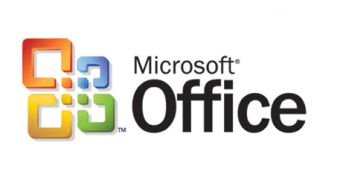The Open XML file format, debuted concomitantly with the launch of the office 2007 System, and is currently on its way to becoming an ISO standard, a detail that would position it as a direct alternative to OpenOffice's Open Document Format. In this context, Microsoft announced a new initiative designed to serve visually impaired users with the necessary resources to compensate, at least in part, for their disabilities. The Redmond company, in collaboration with the Digital Accessible Information SYstem (DAISY), revealed a new initiative focused on developing a joint-standards project aimed at helping blind and print-disabled users leverage new assistive technologies.
"As CEO of the internationally recognized voice of blind and low-vision people around the world and as a reader of DAISY books, I believe this project represents a breakthrough for me both personally and professionally," said Penny Hartin, CEO, World Blind Union. "The ability to make highly functional, accessible content available on desktops everywhere in the world is critical, and this Open XML to DAISY XML translator for Microsoft Office Word is a remarkable move toward that goal."
The end purpose of the project that will be hoisted on SourceForge.net is to produce a plug-in for Microsoft Office Word that would enable the translation of Open XML documents into DAISY XML. Developed by the Digital Accessible Information System, DAISY XML is essentially a standard for managing multimedia content in scenarios where the navigation is performed by users with visual disabilities.
"The Open XML to DAISY XML translator for Microsoft Office Word will begin the translation of Open XML-based content into an enriched multimedia format accessible to users around the world, regardless of the degree of their visual impairments," said Jeff Raikes, president of the Microsoft Business Division. "This accessible technology is something that our customers have asked for, and we are pleased to be able to work collaboratively with the DAISY Consortium to realize this goal."

 14 DAY TRIAL //
14 DAY TRIAL //